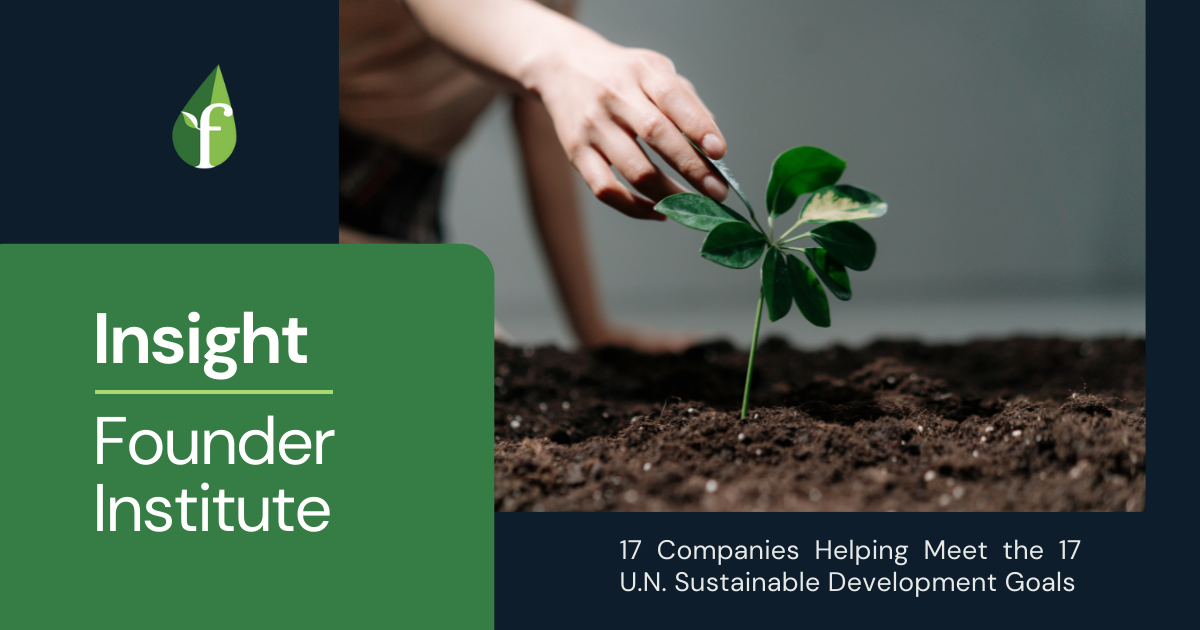Built in the same country that holds over half of the Amazon rainforest, the recycling impact startup Polen (a Founder Institute Rio de Janeiro portfolio company) uses blockchain-enabled tracking to credit companies that generate waste diverted to other manufacturers, to incorporate those waste materials and byproducts as raw materials for their own supply chains. Reduce, reuse, recycle.
In April of 2020 Polen's Co-Founder and COO Lucas Farias de Moraes Sarmento spoke with Founder Institute content editor Dustin Betz about lessons learned in the creation of this impact startup. Lucas explains how his circular economy waste impact company overcame initial challenges, and how social entrepreneurs can build product solutions to help solve big, meaningful problems.
Full Interview on Recycling & Waste Impact
Contrary to what one might assume upfont, the environmental benefits Polen delivers were not a primary driving motivation for building the impact company. Instead, Lucas says,
It came from the idea that it’s just more efficient for us as a society to move into circular economies... It’s about efficiency, cost reductions. It’s about reducing the losses that we have through the [supply chain] process. So it’s much more about efficiency than about some form of tree-hugging and protecting the environment with false claims. It’s much more about the reality of the process and how can we make this flow of materials better and more efficient.
How to measure Polen's impact
In terms of measuring impact, one of the largest and simplest ways to gauge real-time changes is based on landfill sites. Lucas explains,
The more we can avoid sending our materials that are actually resources to the landfill, the better... There’s a direct relationship between how much recycling we do and the carbon emissions that immediately go into the atmosphere due to the extraction of raw materials and the whole chain that is associated with it.
Tracking changes via blockchain and green technology
Decreasing waste lowers the burden on landfills, and reduces the amount of money companies throw into the trash. By using Polen, companies simultaneously save money and reduce their carbon footprints. Lucas continued,
We are very excited about this blockchain-based recycling compensation scheme -- that is something that we really think could go global. There are other countries that have legislation that is similar to what we have here in Brazil, which in the end is just the extended responsibility of the producers. There are variations of that around the world. [...] When we can redirect the flow of resources to make our waste valuable, then we are able to build whole supply chains around that and make the recycling (the circular economy) feasible.
Graduates of the Founder Institute are creating some of the world's fastest growing startups, having raised over 2BN in funding, and building products people love across over 200 cities worldwide.
See the most recent news from our Grads at FI.co/news, or learn more about their stories at FI.co/journey.



